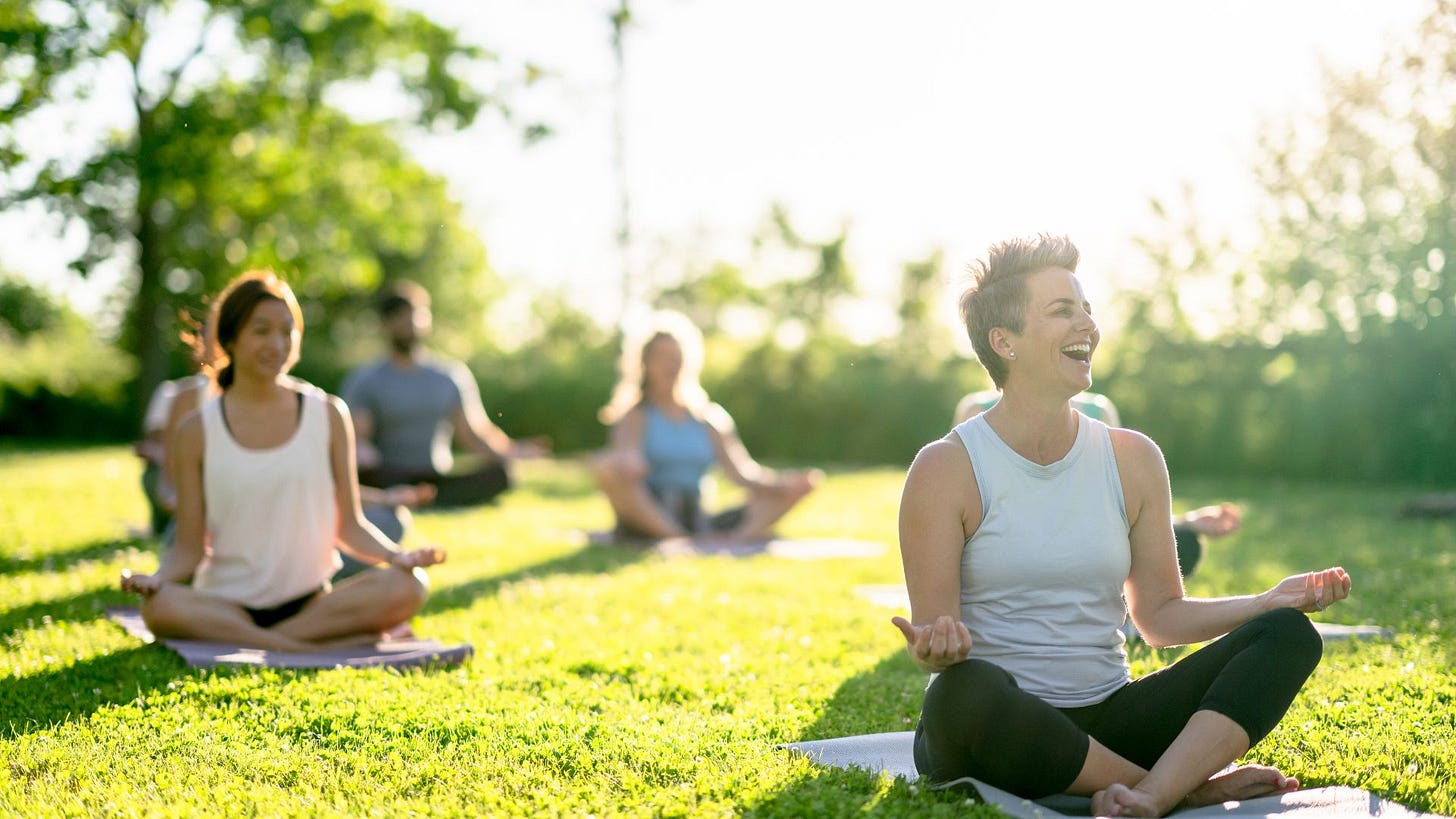“Um, are we supposed to be enjoying this?”
This question popped up recently at a Workplace Mindfulness workshop I had facilitated, where I invited learners to share their thoughts and experiences from a ten-minute mindful breathing practice.
I then requested for a show of hands from those who found the meditation experience enjoyable, and about half of the room acknowledged.
What about the rest of us? I asked. What didn’t we enjoy about the practice?
People shared that their mind was very distracted, or they felt tensed and restless during the practice. A few found the experience a tad torturous.
And everyone agreed that it felt rather tedious to keep sitting still and observing themselves.
I sensed some disappointment and confusion, perhaps due to expectations borne from common perceptions about mindfulness meditation being a calming, relaxing, and effortless experience.
If you don’t always enjoy meditation and you are wondering if you should, here are three interesting perspectives to consider:
1.
You don’t have to like meditation.
If you found a meditation practice enjoyable, that’s great. But if you didn’t, that’s perfectly alright too.
Because enjoyment is not the point or objective of meditation. We don’t have to enjoy it, we just have to practice it.
In fact, we should meditate, "as if our life depended on it”, says Jon Kabat Zinn, founder of the Mindfulness-Based Stress Reduction (MBSR) program.
Mindfulness meditation trains the mind for clarity and hones the attentional skills we need for regulating ourselves and navigating life more wisely.
2.
Not enjoying meditation itself can be a meditative experience.
Everything is welcome, my teachers and fellow practitioners often remind me and one another.
We learn to let go of expectations that a practice will go smoothly. As a matter of fact, when a meditation is “perfect” (e.g. total relaxation, or absolute calm), there is actually nothing for us to practice to!
So we welcome any difficulty that arise during our meditation, whether it is distraction, drowsiness, restlessness in the mind, pain in the body, or even intense thoughts and emotions.
It is only with these obstacles that we get the opportunity to learn to work with difficulties more skillfully and less reactively.
This is how we grow.
3.
Cultivate feelings of contentment and joy instead.
Don’t mistake pleasure for joy.
Relaxation can feel really pleasurable, because it is fundamentally a sensorial experience and tends to offer immediate gratification.
Pleasure is also short-lived, and when feelings of relaxation fade, we wind up wanting more and becoming attached to those good feelings. This desire for an experience to stay pleasurable brings dissatisfaction and contributes to our unhappiness.
Rather than relaxation, we cultivate contentment, where we find ease in each moment that arrives, and accept that being in the present is enough.
With contentment, there is no need for anything more or less in our experience. We can simply rest in every moment without struggle.
Contentment encourages feelings of tranquility and joy, which tend to be more enduring and nourishing. We establish harmony between ourselves and our experience, inviting a more deep-seated sense of wellbeing within.
Tranquility and joy motivate us to keep returning to meditation, serving as a wholesome incentive for continuity of practice.
Three related posts you might like:
Two podcasts you might find helpful:
One more resource you can explore:







🙂